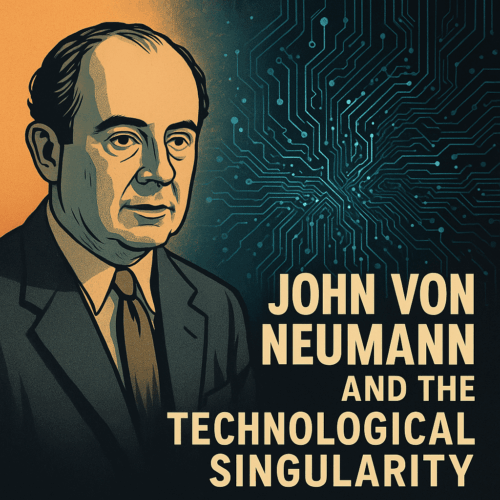How to Fund the Future: Enter The Vision Capitalists
wpengine / Op Ed
Posted on: December 14, 2010 / Last Modified: December 14, 2010

Two bits of news recently passed by without excessive fanfare, but these seemingly unconnected stories had huge implications about how the future is being funded, or underfunded, as the case may be.
First, there was news that Google bid $6 billion to buy Groupon and, more astoundingly, Groupon reportedly rejected the offer.
Groupon is essentially a coupon company. Not trying to dismiss the value of Groupon — it’s an interesting (though not novel) business model, but in the big scheme of things, how important is Groupon to the future? I mean, what would biotech companies working on human longevity projects do with $6 billion? How far would a few billion bucks go to fund a Reprap-like project? Could a quantum computer company use $6 billion?
Groupon has joined several other companies as darlings of the current venture capital pantheon. Zynga, the company that created Facebook fame, Farmville, is valued at $4 billion. I think we can all agree that the future of humanity is roughly equal to a good game of Farmville. Twitter, which is used mainly to show your friends how snarky you can be about Sarah Palin and discuss the merits of your bagel breakfast, is worth billions more.
Billions of dollars have been poured into companies with iffy monetization models that are products for, at best, marketing and, at worst, wasting time. Is all lost, then? Will the future be merely finding new ways to tweet, friend, and help people buy virtual cows?
This leads me to the good news of the week. Well, it might not be good news, but it’s a sign of good news.
The Thiel Foundation, headed by entrepreneur and billionaire investor, Peter Thiel, sponsored the Audacious Optimism dinner. About 200 people, of the wealthy and influential sort, attended the dinner and heard from the heads of eight companies that are researching and creating technologies which will change our future: molecular manufacturing, artificial intelligence, space travel, and advanced Farmville tactics. (I made the last one up.)
I’d add people like Steve Jurvetson, of Draper Fisher Jurvetson, to the list of visionaries, too. Jervetson has helped fund D-Wave, the first quantum computing company. This group of funders, I believe, represent the core of a new type of investing group that I call vision capitalists. Vision capitalists are a step beyond typical venture capitalists and angel investors.
Venture capitalists tend to follow the herd; vision capitalists lead the herd. In fact, they might even start the herd.
Venture capitalists look for an exit plan; vision capitalists are in for the long haul.
Most importantly, vision capitalists know that being a pioneer isn’t always easy.
Here‘s how Jim O’Neill, of the Thiel Foundation, puts it:
“The future will not take care of itself, our success is not inevitable, and it is your responsibility to help craft a wonderful future. Neglect this task, and there will be plenty of consequences to go around.”
About the Author:
Matt Swayne is a blogger and science writer. He is particularly interested in quantum computing and the development of businesses around new technologies. He writes at Quantum Quant.









